sifting/screening compost
njitgrad
9 years ago
Related Stories

GARDENING GUIDESGet on a Composting Kick (Hello, Free Fertilizer!)
Quit shelling out for pricey substitutes that aren’t even as good. Here’s how to give your soil the best while lightening your trash load
Full Story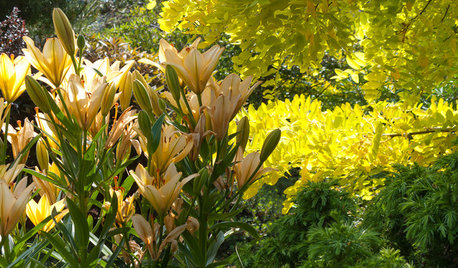
GARDENING GUIDESGreat Garden Combo: 3 Wonderful Plants for a Deer-Resistant Screen
Protect your privacy and keep deer at bay with a planting trio that turns a problem garden area into a highlight
Full Story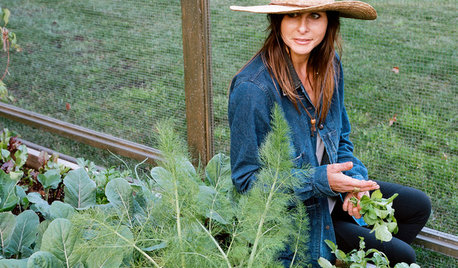
FARM YOUR YARDAdvice on Canyon Farming From L.A.'s Vegetable Whisperer
See how a screened garden house and raised beds help an edible garden in a Los Angeles canyon thrive
Full Story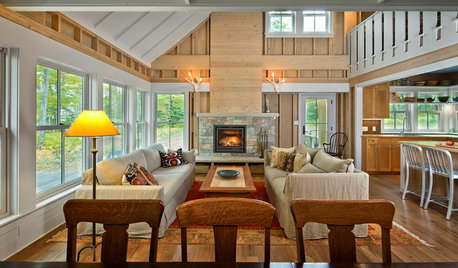
HOUZZ TOURSHouzz Tour: Just Being Modest on Lake Superior
You don’t have to go all-out to have a retreat that’s all good, this Wisconsin vacation home shows
Full Story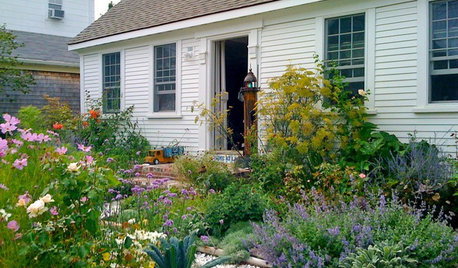
GARDENING GUIDESVegetables and Flowers Mix in Beautiful Edible Gardens
Ornamentals, meet your edible garden mates. We know you'll get along just beautifully
Full Story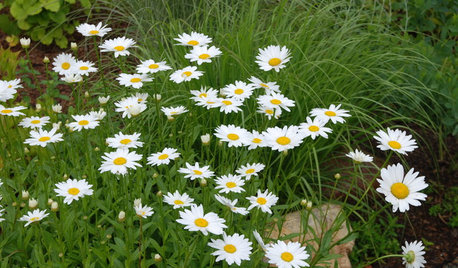
FLOWERSBest Cutting-Garden Beauties for Late Summer
Pick blooms bursting with color or in classic white for bouquets to give away or keep all to yourself
Full Story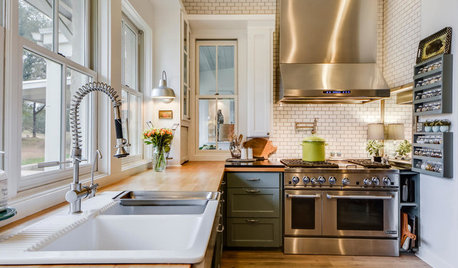
DECORATING GUIDES25 Design Trends Coming to Homes Near You in 2016
From black stainless steel appliances to outdoor fabrics used indoors, these design ideas will be gaining steam in the new year
Full Story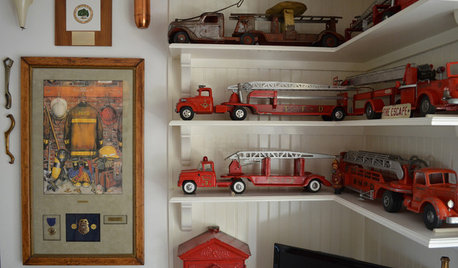
DECORATING GUIDESHouzz Call: What Home Collections Help You Feel Like a Kid Again?
Whether candy dispensers bring back sweet memories or toys take you back to childhood, we'd like to see your youthful collections
Full Story
DECORATING GUIDESFashion Week Trends Your Home Will Wear Well
Spring 2014's ready-to-wear clothing collections aren't just for wardrobes
Full Story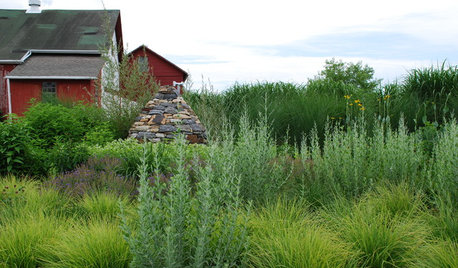
LANDSCAPE DESIGNProblem Solving With the Pros: An Abundant Garden Stretches Its Means
Swaths of resilient, eye-catching plants thrive with little care or resources in the landscape of a Pennsylvania farmhouse
Full StoryMore Discussions






floral_uk z.8/9 SW UK
njitgradOriginal Author
Related Professionals
West Milford Landscape Architects & Landscape Designers · Williamsburg Landscape Contractors · Bedford Landscape Contractors · Boca Raton Landscape Contractors · Cliffside Park Landscape Contractors · East Lake-Orient Park Landscape Contractors · Leicester Landscape Contractors · Northport Landscape Contractors · Palm Beach Gardens Landscape Contractors · Plantation Landscape Contractors · Shirley Landscape Contractors · East Norriton Landscape Contractors · New Lenox Decks, Patios & Outdoor Enclosures · Roseville Decks, Patios & Outdoor Enclosures · White Bear Lake Decks, Patios & Outdoor EnclosuresLloyd
Karchita
klem1
Kimmsr
hortster
Lloyd
njitgradOriginal Author
david52 Zone 6
hortster